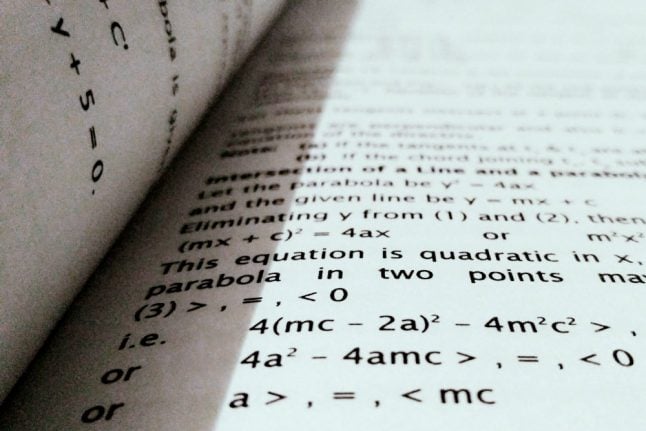Szemeredi, 71, who works both at the Hungarian Alfred Renyi Institute of Mathematics and at the US Rutgers university's department of computer sciences, was awarded the prize for his work in so-called discrete mathematics, the study of mathematical structures.
"Endre Szemeredi revolutionised discrete mathematics by introducing original and ingenious techniques, and solving a number of fundamental problems," the academy said in a statement.
The prize, worth some €800,000 ($1.05 million), will be awarded to Szemeredi on May 22nd in Oslo by King Harald of Norway.


 Please whitelist us to continue reading.
Please whitelist us to continue reading.
Member comments